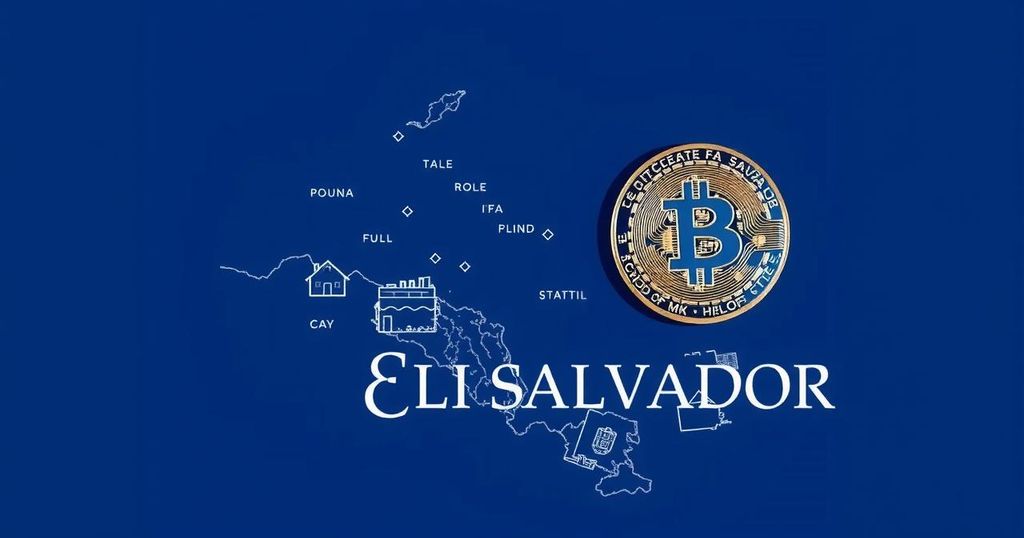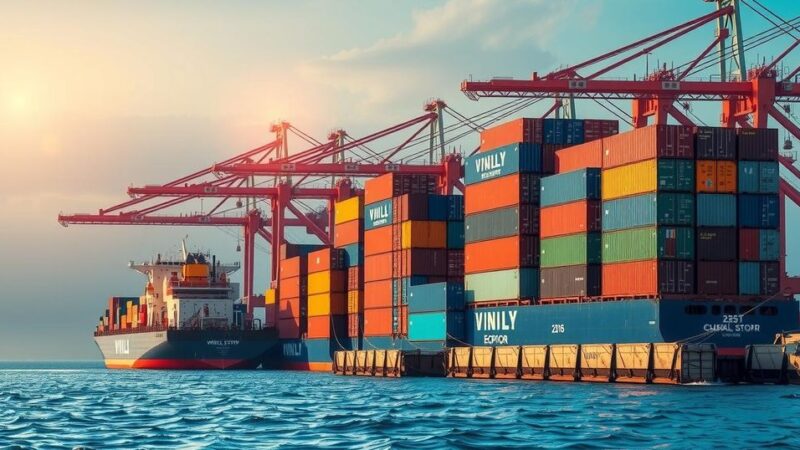President Nayib Bukele of El Salvador has donated 2 Bitcoins, equivalent to about $134,000, to build 1,000 schools in Honduras, marking an extension of his government’s Bitcoin policies. Despite Bitcoin’s status as legal tender in El Salvador, adoption remains low at 7.5%. Bukele continues to advocate for Bitcoin integration in the national economy, with aspirations for financial independence by 2025.
In a significant philanthropic gesture, Nayib Bukele, the President of El Salvador, has made a donation of 2 Bitcoins, equivalent to approximately $134,000, aimed at funding the construction of 1,000 schools in Honduras. This initiative is part of a broader strategy to advance El Salvador’s Bitcoin agenda, which includes integrating cryptocurrencies into the nation’s financial infrastructure. President Bukele’s government has persistently invested in Bitcoin, acquiring one Bitcoin daily since March 2024. Currently, the nation holds an impressive total of approximately 5,913 BTC, underscoring its commitment to leveraging Bitcoin for economic development and innovative financial solutions. Despite Bitcoin being recognized as legal tender in El Salvador since 2021, the local adoption remains notably low, with only 7.5% of the population utilizing the cryptocurrency for transactions. This statistic starkly illustrates the discrepancy between the government’s pro-Bitcoin policies and the actual engagement of citizens with digital currency. Recently, President Bukele has also drawn international attention with his discussions regarding Bitcoin bonds, most notably during his visit to the Vice President of Argentina, Victoria Villaruel. Their dialogue primarily focused on the potential national advantages of Bitcoin adoption, suggesting a future collaboration between Argentina and El Salvador in exploring cryptocurrency policy.
Nayib Bukele, who has been at the forefront of Bitcoin integration into the national financial system, seeks to promote financial independence and sovereignty for El Salvador through cryptocurrency. Since the recognition of Bitcoin as legal tender in 2021, Bukele’s administration has prioritized initiatives aimed at enhancing the usability of Bitcoin and attracting international investment. In addition to education projects in neighboring countries like Honduras, the government’s strategy includes daily acquisitions of Bitcoin and exploratory discussions with other nations to advocate for cryptocurrencies as viable alternatives to traditional currencies. These developments highlight not only Bukele’s vision for El Salvador but also the challenges faced in realizing widespread Bitcoin adoption within the country.
President Nayib Bukele’s donation to support the construction of schools in Honduras highlights his administration’s ongoing commitment to advancing Bitcoin as a cornerstone of financial policy in El Salvador. While the government’s efforts to embrace Bitcoin as a catalyst for economic growth have attracted substantial international interest, the low rate of local adoption poses a challenge to realizing these ambitions. Nonetheless, Bukele’s aspiration to establish El Salvador as a leader in cryptocurrency remains steadfast, with future initiatives aimed at enhancing the country’s financial autonomy and resilience against global economic pressures.
Original Source: www.crypto-news-flash.com






